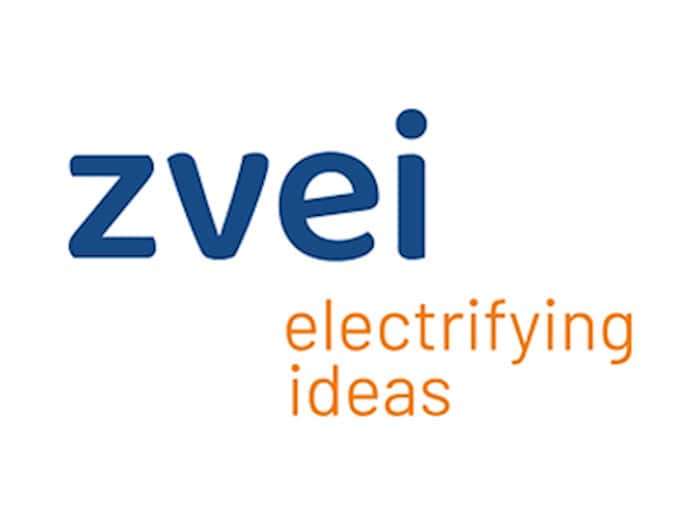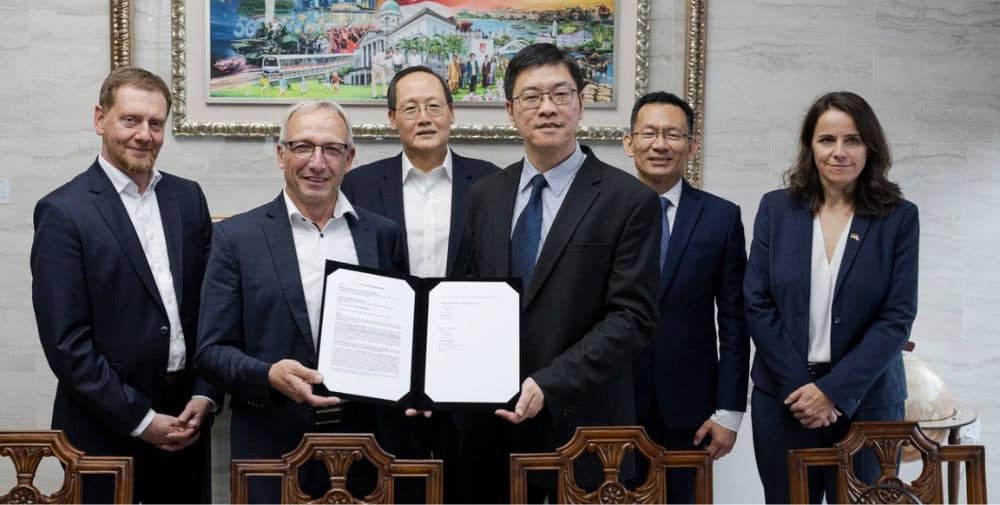
“Our members are now literally fighting their way through a costly jungle of regulations,” says ZVEI President Dr. Gunther Kegel, criticizing the political efforts to effectively reduce bureaucracy, which have so far been in vain. He reiterates the call for a turnaround in efficiency in order to noticeably relieve companies of bureaucratic obligations, among other things. “Like the EU Commission, the next German government must take countermeasures so that companies can concentrate on their core tasks and regain economic momentum.” A 25 percent reduction in red tape, as the EU Commission has now announced, would free up financial resources of more than 1.5 billion euros for the electrical and digital industry alone, which would be available for investment.
More effort, less innovation, less investment
The results of the survey illustrate the extent to which the multitude of regulations is hampering the electrical and digital industry. Three out of five companies stated that the effort involved was restricting their innovation activities. As a result, almost a quarter had already stopped planned investments in Germany or the EU.
According to the survey, the biggest factor for the high bureaucratic burden is the growing scope of reporting. 86 percent of the companies surveyed rated the general burden in this regard as high or very high. Specifically for the area of sustainability and the environment, 82 percent stated this. “Companies spend several hundred thousand euros a year on sustainability reporting alone,” the ZVEI President calculates and calls for a fundamental review of the reporting obligations added as part of the EU Green Deal.
32,000 working hours per company for bureaucratic tasks – three out of four companies need external help
On average, around 16 people deal exclusively with external bureaucratic obligations. On average, three full-time positions alone are required to deal with the sustainability reporting requirements. In total, the personnel expenditure across the industry amounts to 32,000 working hours per company per year. “These figures illustrate the enormous capacities that are no longer available for actual business activities,” says ZVEI President Dr. Kegel, criticizing the continuous increase. Medium-sized companies in particular are increasingly approaching the limits of their capabilities.
“If more than three quarters of companies are no longer able to understand the complexity of the requirements and work through them quantitatively without external advice, this shows the proliferation of information obligations,” Dr. Kegel points out. Added to this are the inefficient processes of public institutions, which are often not yet sufficiently digitalized: Almost two thirds (63.5%) of companies complain that dealing with authorities causes at least as much effort as the content of the regulations themselves.
Survey of 123 companies with a turnover of almost 54 billion euros
The survey conducted by the ZVEI itself between December 2024 and January 2025 among its members involved 123 companies with more than 250,000 employees. With a turnover of 53.7 billion euros in 2023, they represent 22.6 percent of the industry’s turnover of 237.9 billion euros.
– – – – – –
Further links
👉 www.zvei.org
Photo: pixabay




